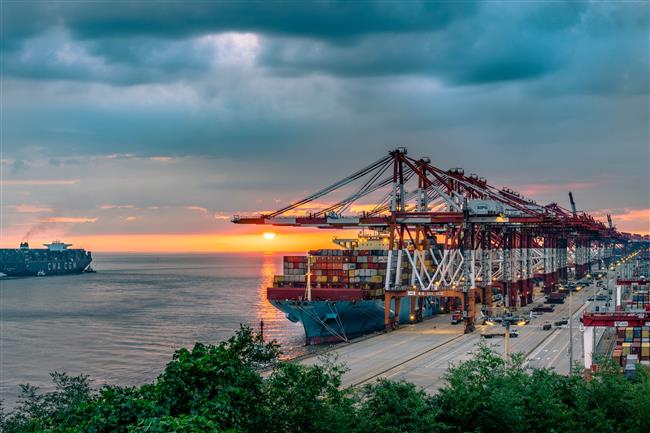Maritime industry embarks on green, digital transformation

Decarburization and digital transformation will be the focus of the maritime industry in next decade, Remi Eriksen, group president and chief executive officer of DNV GL, said during the Marintec China trade fair held in Shanghai on Tuesday.
As for decarburization, Eriksen believes that gas, including liquefied natural gas and liquefied petroleum gas, is the best choice for carbon neutral fuels.
LNG and LPG as fuels can lower vessels’ air emissions, both in terms of greenhouse gases and other pollutants.
DNV GL developed new rules and class notation about LPG as fuels in the maritime field, as international regulations for such fuels are absent.
“With the new rules and class notation, we want to offer owners interested in LPG a straightforward path towards compliance with the alternative design approach mandated by the IGF Code,” said Geir Dugstad, director of ship classification & technical director at DNV GL – Maritime.
Besides efforts on enabling green fuels, DNV GL also wants to tap into digitalization, as CEO Eriksen sees digitalization as one of the three tectonic shifts that will transform maritime industry.
Digitalization will help the maritime industry make operations more efficient, gain greater insights into fleet performance and automate processes.
DNV GL has invested in exploring what artificial intelligence can do for the maritime industry, by setting up a new research center focused on AI in Shanghai in March. This is their first AI center globally.
DNV GL is the world’s leading classification society and a recognized adviser for the maritime industry.















